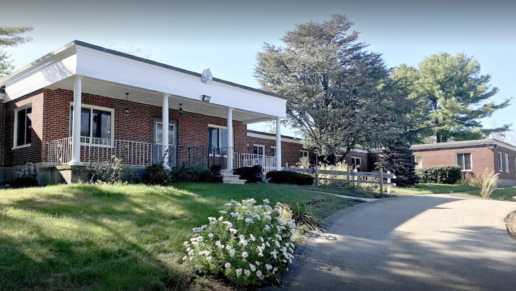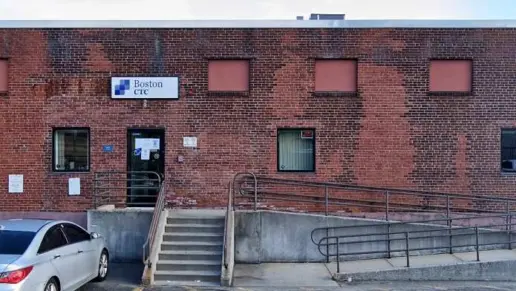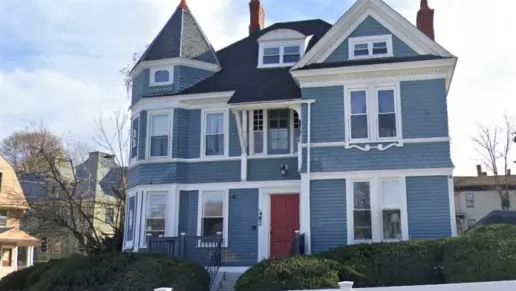About Helix Human Services – The Cottage
The Cottage, run through Helix Human Services (previously Children’s Study Home), is a residential treatment program for boys aged 6-13. It’s in Springfield, Massachusetts and is built to support boys with moderate to severe mental health or behavioral problems due to trauma. There is a referral process and it is usually done by the Department of Children and Families (DCF).
Making Clients Comfortable and Safe
After referral, interviews are done and a team meets to determine if someone’s a good fit for the program. Once the patient is accepted, treatment focuses on establishing support, safety, and comfort within the program. The staff doesn’t only enforce rules and maintain routine for the children, they also build a rapport and gain insight into each child.
When a client enters the program, they are given an individualized treatment plan which outlines which specialists are a part of their plan and lists any goals they have. There are a variety of psychoeducational and psychotherapeutic groups, and they are tailored to help to meet each person’s individual treatment objectives.
Evidence Based Treatment and a Personal Approach in Springfield
Using a trauma-informed approach, the center provides cognitive behavioral therapy (CBT), dialectical behavior therapy (DBT), and motivational interviewing within group therapy. These techniques are person-centered treatment that mainly focus on developing mindfulness skills. Treatment works to improve a client’s distress tolerance, interpersonal effectiveness, emotion regulation, healthy coping skills, personal identity, and life skills.
They also have case management, family therapy, psycho-educational groups, occupational therapists, and life skills. They pride themselves in placing a patient’s needs first, with an approach that is therapeutic, not punitive. With a focus on healing, continuous observation and treatment plan changes happen based on the needs of each patient. They focus on healing, with continual evaluation and refinement of treatment goals and objectives to meet the needs of individual clients.
Rehab Score
Other Forms of Payment
Medicaid is a state based program that helps lower-income individuals and families pay for healthcare. Medicaid covers addiction treatment so those enrolled can use their coverage to pay for rehab. When a program accepts Medicaid the client often pays very little or nothing out of their own pocket.
Financial aid can take many forms. Centers may have grants or scholarships available to clients who meet eligibility requirements. Programs that receive SAMHSA grants may have financial aid available for those who need treatment as well. Grants and scholarships can help you pai for treatment without having to repay.
Addiction Treatments
Levels of Care
 Inpatient
Inpatient
Treatments
Mental health rehabs focus on helping individuals recover from mental illnesses like bipolar disorder, clinical depression, anxiety disorders, schizophrenia, and more. Mental health professionals at these facilities are trained to understand and treat mental health issues, both in individual and group settings.
Clinical Services
Cognitive Behavioral Therapy (CBT) is a therapy modality that focuses on the relationship between one's thoughts, feelings, and behaviors. It is used to establish and allow for healthy responses to thoughts and feelings (instead of unhealthy responses, like using drugs or alcohol). CBT has been proven effective for recovering addicts of all kinds, and is used to strengthen a patient's own self-awareness and ability to self-regulate. CBT allows individuals to monitor their own emotional state, become more adept at communicating with others, and manage stress without needing to engage in substance abuse.
Whether a marriage or other committed relationship, an intimate partnership is one of the most important aspects of a person's life. Drug and alcohol addiction affects both members of a couple in deep and meaningful ways, as does rehab and recovery. Couples therapy and other couples-focused treatment programs are significant parts of exploring triggers of addiction, as well as learning how to build healthy patterns to support ongoing sobriety.
Dialectical Behavior Therapy (DBT) is a modified form of Cognitive Behavioral Therapy (CBT), a treatment designed to help people understand and ultimately affect the relationship between their thoughts, feelings, and behaviors. DBT is often used for individuals who struggle with self-harm behaviors, such as self-mutilation (cutting) and suicidal thoughts, urges, or attempts. It has been proven clinically effective for those who struggle with out-of-control emotions and mental health illnesses like Borderline Personality Disorder.
Experiential therapy is a form of therapy in which clients are encouraged to surface and work through subconscious issues by engaging in real-time experiences. Experiential therapy departs from traditional talk therapy by involving the body, and having clients engage in activities, movements, and physical and emotional expression. This can involve role-play or using props (which can include other people). Experiential therapy can help people process trauma, memories, and emotion quickly, deeply, and in a lasting fashion, leading to substantial and impactful healing.
Research clearly demonstrates that recovery is far more successful and sustainable when loved ones like family members participate in rehab and substance abuse treatment. Genetic factors may be at play when it comes to drug and alcohol addiction, as well as mental health issues. Family dynamics often play a critical role in addiction triggers, and if properly educated, family members can be a strong source of support when it comes to rehabilitation.
Group therapy is any therapeutic work that happens in a group (not one-on-one). There are a number of different group therapy modalities, including support groups, experiential therapy, psycho-education, and more. Group therapy involves treatment as well as processing interaction between group members.
In individual therapy, a patient meets one-on-one with a trained psychologist or counselor. Therapy is a pivotal part of effective substance abuse treatment, as it often covers root causes of addiction, including challenges faced by the patient in their social, family, and work/school life.
Trauma therapy addresses traumatic incidents from a client's past that are likely affecting their present-day experience. Trauma is often one of the primary triggers and potential causes of addiction, and can stem from child sexual abuse, domestic violence, having a parent with a mental illness, losing one or both parents at a young age, teenage or adult sexual assault, or any number of other factors. The purpose of trauma therapy is to allow a patient to process trauma and move through and past it, with the help of trained and compassionate mental health professionals.
Staff
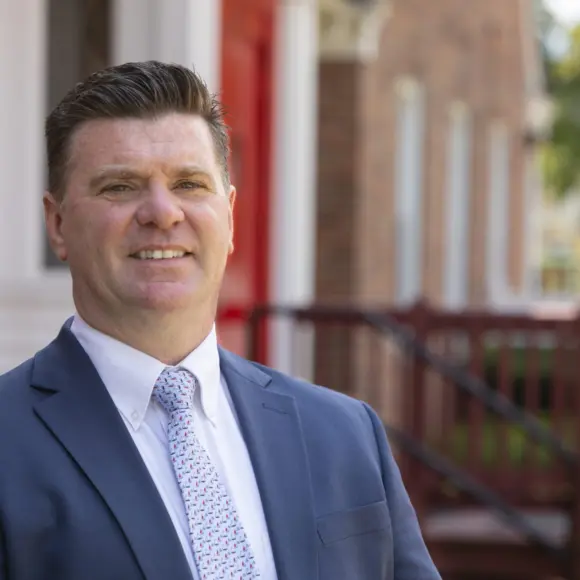
Mark Paglia
CEO

Yamilca Nogue, MBA
Chief External Relations Officer
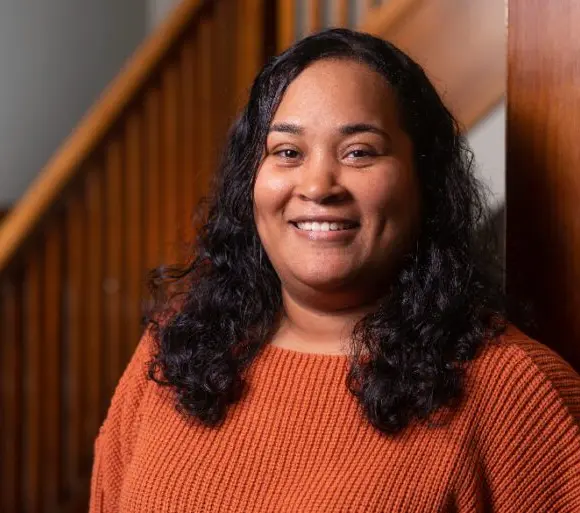
Monique Vasquez
Chief Financial & Administrative Officer
Contact Information
44 Sherman Street
Springfield, MA 01109
